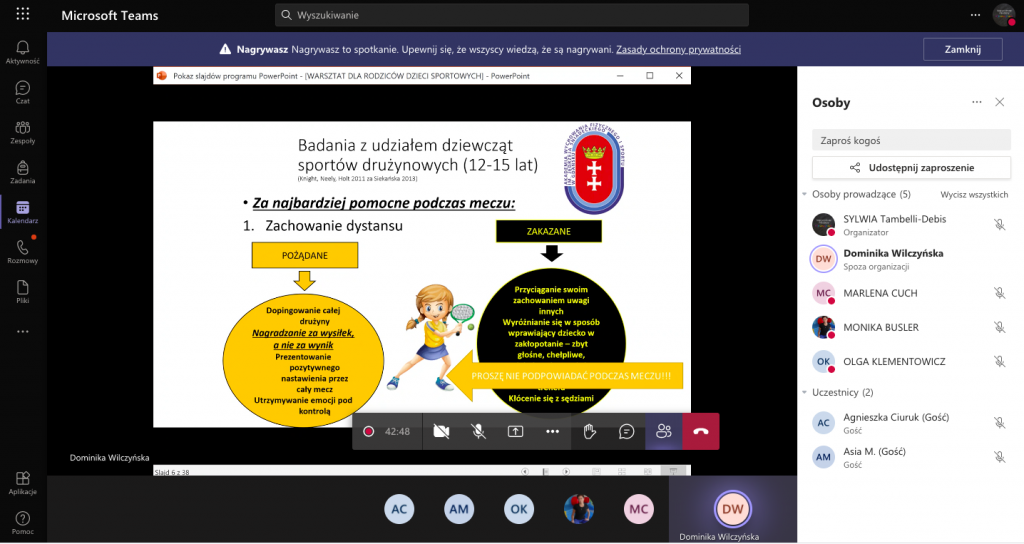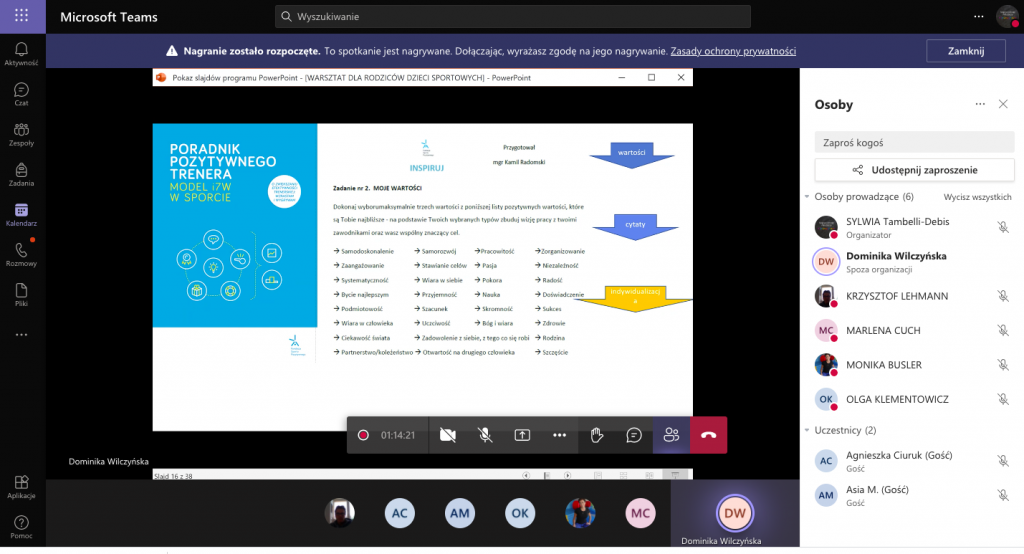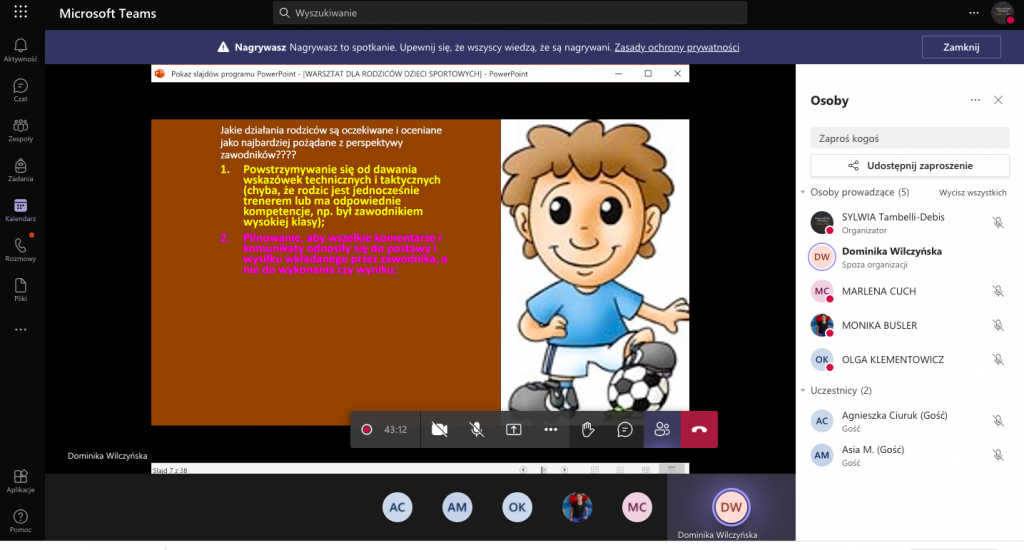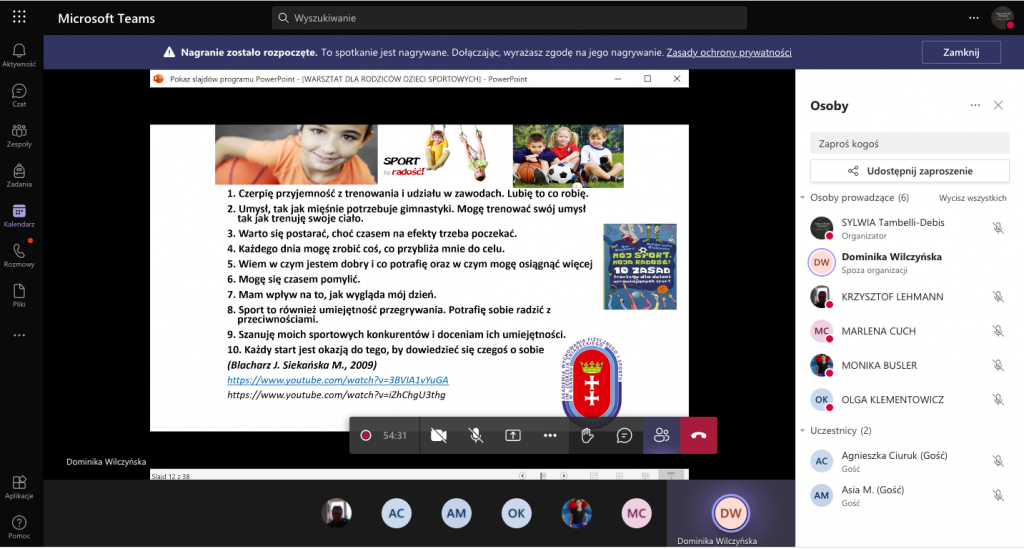
What’s the point of taking care of your health if you live in the world on the edge? The last year showed us clearly that our well-being is tightly intertwined with the condition of our planet. We have faced the climate crisis and only changing our attitudes, which requires persistent action on many fronts, can prevent the worst crisis. The number of people, teenagers among them, who consider the environmental issues as stressful and threatening their own survival, is increasing all the time. All the teachers had an opportunity to use resources, such as live talks, presentations, videos, lesson plans or games which our team collected on one common platform. Our activities aimed at raising awareness of human destructive behavior included:
- Lessons focused on discussing steps we ourselves can take to protect the Earth resources
- Discussing ways of implementing changes in our families
- Brainstorming ideas on how to inspire others
- Writing down commitments
- Contests of knowledge
- Calculating our carbon prints
- Making recycled toys
- Games, quizzes, making posters
‘Every one of us needs a healthy Earth to support our jobs, livelihoods, health & survival, and happiness. A healthy planet is not an option — it is a necessity’ (by EARTHDAY.ORG) https://view.genial.ly/607bfa2d33338f0d2474e48a/presentation-earth-day-4-5 https://view.genial.ly/607b28786dd96a0d4b4b5596/presentation-earth-day-6






